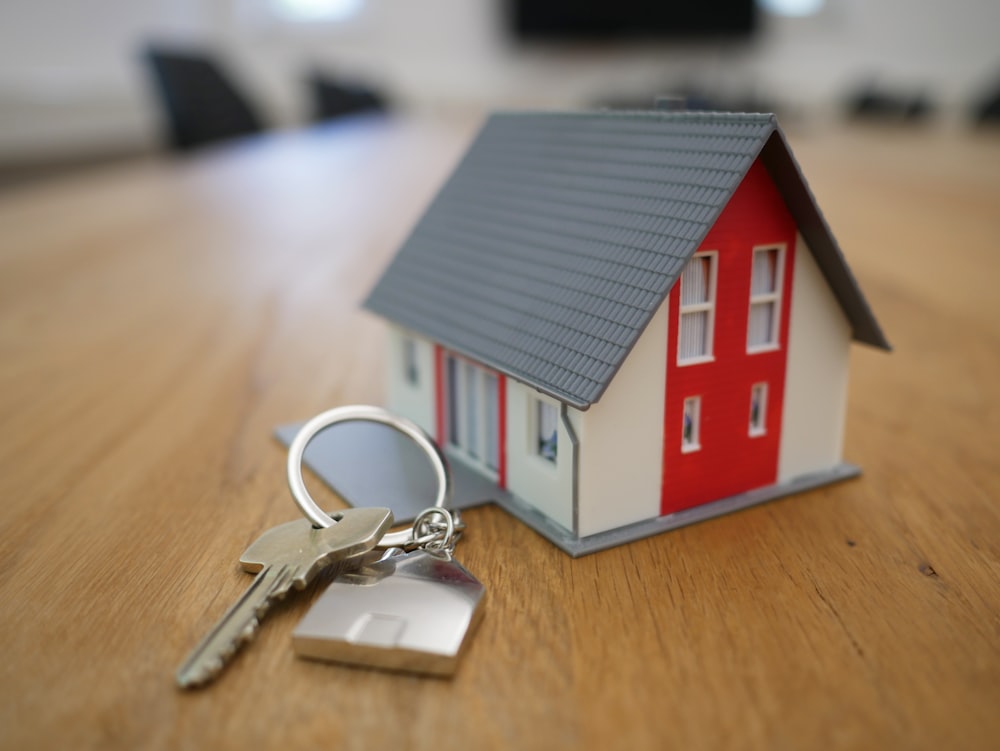
Homeownership is a significant financial endeavor. It goes beyond purchasing a house, as various financial obligations are associated with owning a property. In this article, we’ll delve into the essential steps when financially preparing for homeownership and valuable tips for making the home-buying process more manageable and efficient.
Assessing Your Financial Health The first step to homeownership financial preparation is evaluating your financial condition. Evaluate your current income, debt, savings, and expenses. Ensure you obtain a copy of your credit report from the major credit bureaus and address any discrepancies immediately, as your credit score significantly affects your borrowing capacity. Make sure you understand your credit score to help you better understand your possible mortgage options. The higher your score, the more favorable your mortgage loan terms can be.
Creating a Savings Plan
Saving for the down payment when buying a house can be a long process, especially without a solid financial plan. While the down payment amount depends on various factors, the standard is 20% of the selling price. In addition to the down payment, you must also allocate funds for the closing costs, usually 3% to 6% of the loan amount. To efficiently save and keep your finances organized, open a savings account solely dedicated to related homeownership expenses. Designate a realistic yet considerable amount every month and consider having it automatically deducted from your payroll.
Establishing a Budget
Creating a realistic home-buying budget is crucial for successful homeownership. Instead of assuming how much you can afford, consolidate all your finances to give you a better picture of what you can realistically purchase without compromising your financial health. Take a closer look at your expenses and spending patterns for the past months and assess your cash flow. When developing a budget, focus on your current financial status rather than relying on future financial gains that may or may not materialize.
Reducing Debt
Debt can either make or break your chances of securing the house of your dreams. Mortgage lenders will check your debt and assess your debt-to-income ratio to see if you’re financially capable of handling a new one. Before starting your homeownership journey, determine if your existing debt can be manageably reduced and won’t negatively affect your chances of getting approved for a loan. Develop a plan to decrease debt and concentrate on paying off high-interest balances like credit cards. Be mindful of your future purchases and avoid securing additional loans or opening new lines of credit. If you’re currently drowning in debt, it would be best to eliminate it first or reduce it to a comfortable amount before you start house-hunting.
Managing Additional Costs
As mentioned previously, homeownership doesn’t stop after making your down payment. You must create a financial plan that can accommodate all expenditures involved in being a property owner. Some homeownership-related expenses you must prepare for include property taxes, maintenance fees, home insurance, moving costs, homeowners association fees, and utility charges.
Endnote
While early financial preparation is integral to ensuring a successful homeownership journey, maintaining economic stability post-purchase is also vital. By following these tips, you can place yourself in a stronger financial position as you embark on this new life journey.More By This Author:
How To Prepare Financially For Homeownership

